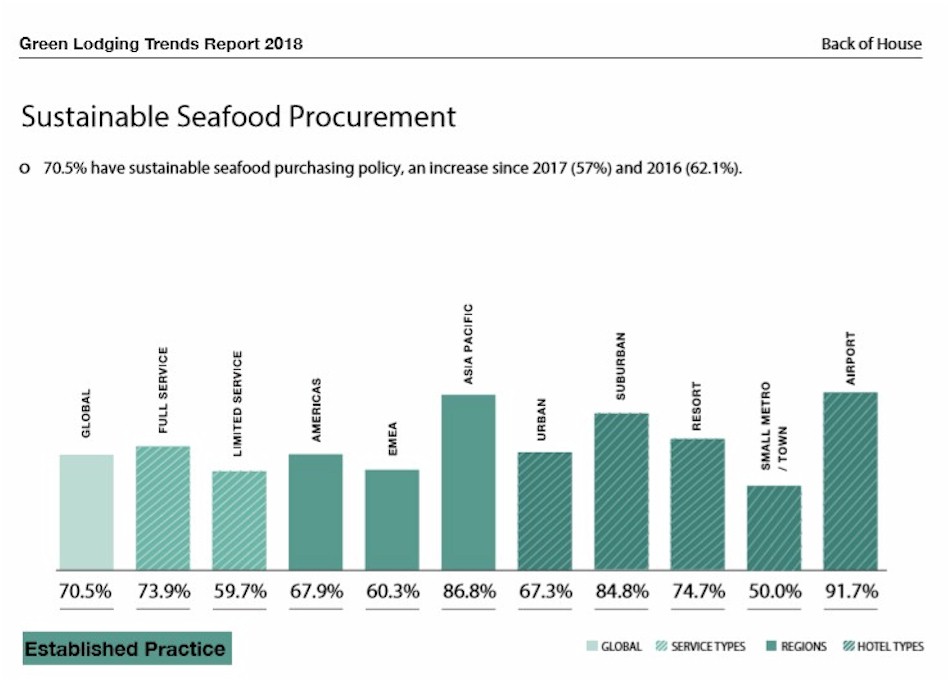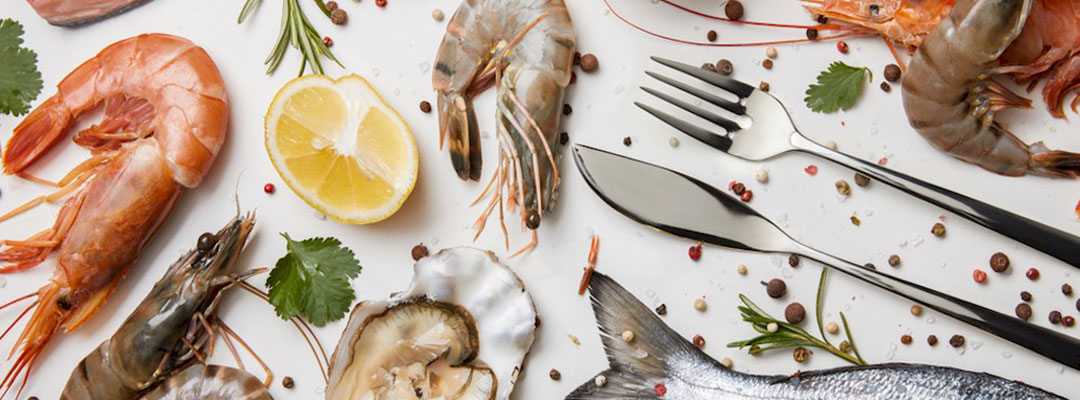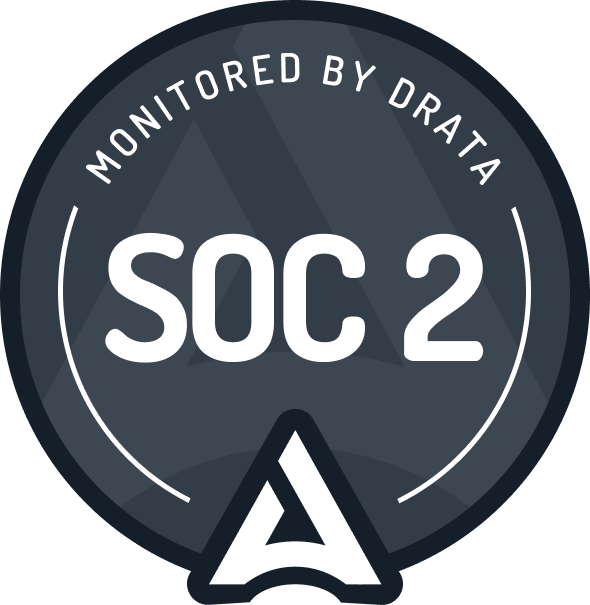The bluefin tuna is not alone in its plight. According to FAO, we have either fully exploited or overfished 85% of the world’s fisheries. When a fishery is fully exploited, it is operating at or near to its optimal yield level. For fishing intensity to increase any further, the fishery would be overfished – a situation where excessive fishing mortality results in spawning stock decline and ultimately, a stock collapse. Yet, demand for seafood is set to rise given the positive global economic outlook.
This, along with mounting environmental stressors from climate change to pollution, and damaging fishing practices, do not bode well for the world’s fisheries. Unless current conditions improve, seafood stocks may collapse altogether by 2048 according to a recent global survey in Science. The repercussions are significant and will disproportionately affect the world’s most vulnerable people, as nearly three billion people in the world depend on seafood as their primary source of protein.
Could we solve this problem by farming seafood? Already, aquaculture accounts for nearly half of global fish production and the industry is rapidly expanding. Aquaculture looks like a promising solution but there are concerns about its environmental impacts, including unsustainable fish feed made from captured small wild fish and concentrated toxic waste from high-intensity rearing of fish, as well as from the use of antibiotics.
Hotels and Sustainable Seafood

While the state of the world’s fisheries and aquacultures paint a gloomy picture, it is encouraging to see that the world’s leading hotel chains have been proactive in their responses. Marriott, Fairmont (Accor), Hilton, Hyatt, IHG and Shangri-La are a few familiar names which have adopted sustainable seafood purchasing policies. While the topic is complex, the actions hotels can take are straightforward. Sustainable seafood refers to seafood caught or farmed in a manner which allows current needs to be fulfilled without compromising future needs. It should:
- Not come from endangered or threatened species,
- Be caught or farmed in ways where environmental impact is minimized, and
- Not originate from fisheries or aquacultures that are associated with labor violations, such as modern slavery and forced labor.
Some ambitious goals have been set – Hilton has pledged to source all of its seafood responsibly by 2022 while Marriott has committed to source 95% of its seafood responsibly by 2025. These bold initiatives have shown ripple effects in the industry. The percentage of hotels claiming to have sustainable seafood purchasing policies jumped from 57 percent to 70.5 percent between 2017 and 2018 according to Green Lodging Trends Report 2018, which collected data from 4,544 hotels across 61 countries.
Risks and Opportunities
The procurement of sustainable seafood is driven by more than just a desire to keep up with the competition. The business case for sustainable seafood procurement is clear. Unsustainable seafood procurement poses risks to companies – not only does it harm the crucial environmental services that seafood production is dependent on, companies involved in unsustainable practices would find themselves in a sticky situation as consumers, government and investors increasingly demand responsible sourcing of seafood. Take for example, the world’s largest prawn farmer, Charoen Pokphand (CP) Foods, which came under the public’s scrutiny when it was discovered that its farmed prawns were fed fishmeal supplied by fishing boats associated with modern slavery, forced labor and horrific working conditions. The scandal saw retail partners like Carrefour, ICA and Whole Foods Market suspending their business with CP Foods.
On the other hand, sustainable seafood procurement brings significant opportunities for stakeholders involved – health of fish stocks will be improved, leading to greater resource security and stable or even reduced prices. Increasingly, meeting planners and corporate customers are asking about sustainability in their F&B choices. Several of our hotel clients have noted increasing requests in RFPs for sustainability in selecting their hotels and meeting venues. Furthermore, in 2017, the HIP Network launched a Convene Green Pledge for event organizers to incorporate sustainability requests from venues. A similarly themed pledge was launched this year by the Event Industry Council with a signatories covering a wide range of the industry.
It is also a good opportunity to build consumer loyalty among millennials. It has been found the large majority of millennials (73 percent) are willing to pay more for products from sustainable brands and that an even greater percentage of them (81 percent) expect companies to make public commitments to corporate citizenship. One of the most tangible ways hotel companies can do this is where their services overlap with choices that consumers can make in their own purchases, such as food.
Establish a Commitment to Protect the Endangered
Given the risks and opportunities, it is not surprising that hotels are taking actions to promote sustainable seafood. At the most basic level, broad commitments to sustainable seafood purchasing are established. Hotels generally start off with eliminating endangered seafood species identified by the International Union for Conservation of Nature (IUCN) from their menus. Take for example, the global luxury hotel chain Mandarin Oriental which banned shark’s fin from its restaurant and banqueting menus since 2012. Despite the cultural significance of shark’s fin, the luxury hotel group says in its Sustainability Report 2017 that hotel guests have been supportive:
“Despite the prominence of this dish in ceremonial dining in Asia, business impact from the ban has been minimal. We attribute the minimal economic consequences to the support of our guests who believe in the need to preserve ocean biodiversity.”
It is reassuring to know that hotel guests are responding positively and although the action of a single hotel may seem insignificant, the combined efforts of the hotel industry can be immense. Already, global hotel chains Marriott, Hilton and Hyatt, which collectively represent over 12,000 properties, have all banned shark’s fins from their menus and are committed to furthering their efforts in procuring seafood responsibly.
Going a step further, hotels can demonstrate their authenticity and transparency by developing measurable time-bound goals and sharing their progress against a baseline. To do so requires the collection of data on the seafood products currently procured, which include species name, product origin, fishing method, and whether it is sustainable-certified.
Promote the Best and Improve the Rest
After phasing out the least sustainable seafood from their menus, hotels should aim to promote the most sustainable seafood options, and gradually improve the sustainability of its remaining seafood items. Sustainable seafood guides can help hotels in assessing the sustainability of their seafood items and find sustainable alternatives more easily. The most popular seafood guides available are Monterey Bay Aquarium’s Seafood Watch, WWF’s country-specific seafood guides, and Marine Conservation Society’s Good Fish Guide. These guides aim to help end users easily identify sustainability of seafood products from different species and origins through the use of easy-to-understand recommendation categories. For example, Seafood Watch uses the categories “best choices”, “good alternatives” and “avoid” while WWF uses the categories “recommend”, “think twice” and “avoid”. To make it even more convenient, these guides are also available as handy phone apps.
Complementary to these sustainable seafood guides are seafood ecolabels – these tiny stamps of confidence enable easy identification of sustainable seafood. However, the vast array of seafood ecolabels can be confusing and misleading. To provide clarity on seafood ecolabels, the Global Sustainable Seafood Initiative (GSSI), a global partnership set up by the seafood industry, governmental, intergovernmental and non-governmental organizations, has developed a benchmarking tool for the various certification schemes. To date, seven seafood certification programs are GSSI-recognized and they include:
- Marine Stewardship Council (MSC);
- Aquaculture Stewardship Council (ASC);
- Best Aquaculture Practices (BAP); and
- GLOBALG.A.P Aquaculture.
Currently, MSC and ASC are the most popularly subscribed ecolabels and leading hotel groups often set goals to procure from MSC certified fisheries and ASC certified aquacultures.
Boost Traceability Efforts
Yet, the fragmented nature of seafood supply chains makes it difficult to know the origins of our seafood for sure. A study in 2016 found that on average, 30% of seafood products are mislabeled. Traceability across the supply chain is thus important. The most robust seafood ecolabels have incorporated traceability requirements into their sustainability criteria for fisheries and aquacultures. For instance, to display either the MSC or ASC ecolabel, the entire supply chain, from distributors and manufacturers to retailers and restaurants, must be certified against its Chain of Custody (CoC) standard. As part of the value chain, hotels may also apply for the MSC and ASC CoC certification and an increasing number are doing so in Asia. In 2015, Hilton Singapore became the first hotel in Asia to achieve MSC and ASC CoC certifications, while in June last year, Shangri-La took the lead for the greatest number of MSC certified properties in Asia, having all of its 53 properties in China achieving the MSC CoC certification (find out how to get ASC or MSC CoC certified here ).
The advent of blockchain technology also holds great promise for greater transparency from bait to plate. Sensors can be attached to the seafood once it is reeled in, and thereafter every facility that it passes through would be tracked on the blockchain. The scene is an exciting one that awaits to be seen with budding startups like Fishcoin and Sawtooth, as well as major players like the joint venture by IBM and Maersk.
Promote Greater Change
Beyond their operations, hotels can contribute further by investing in small local fisheries and aquacultures’ transition to become more sustainable. The high cost and onerous paperwork associated with seafood sustainability certifications can deter smaller local fisheries and aquacultures, and this in turn limits the value their seafood can fetch and their market access. Hotels can support small-scale producers by investing in the WWF initiated Fishery Improvement Projects (FIPs) and Aquaculture Improvement Projects (AIPs), which are multi-stakeholder initiatives aimed at improving fisheries and aquacultures’ sustainability and eventually the attainment of MSC or ASC certification. Under the AIP initiative, leading integrated resort Marina Bay Sands in Singapore has partnered with WWF to support the efforts of four aquaculture farms in becoming ASC certified for popular seafood species such as snapper, grouper and sea bass.
Communicate with Customers
Ultimately, communication and collaboration with customers as well as other stakeholders – from investors, suppliers, communities, to employees – are key to a successful sustainable seafood program. Of them all, communication with customers takes priority and here are three steps you can take:
- Sharing with Hotel Guests
Point out sustainable seafood options in your menus (for restaurants, banquets or room service, where applicable), and mention your efforts to procure seafood sustainably on your website. You don’t have to overdo it, but you could indicate where further information can be found.
- Sharing with Corporate Clients
Proactively include sustainable seafood programs and menu options in your briefs and pitches for corporate clients who are booking rooms or meetings. And do be more specific about your program so that it has credibility to those who are interested.
- Embedding it into Employee Training
It is not only important to have it on the menu and when selling business, but also that your employees are able to communicate the program. Make information about your sustainable seafood program part of employee training and daily briefings so that they will be able to answer questions about it from customers.
Conclusion
When Marriott became one of the first global hotel chains to have a sustainable seafood program nearly a decade ago, the question of whether other hotels would follow suit might have been on our minds. Today, the answer is clear. The hotel industry has caught on to the wave of sustainable seafood. With increasing participation of hotels in this movement, there is great potential for the related services and solutions to scale up tremendously to make a significant positive impact on our seafood supply.





























































